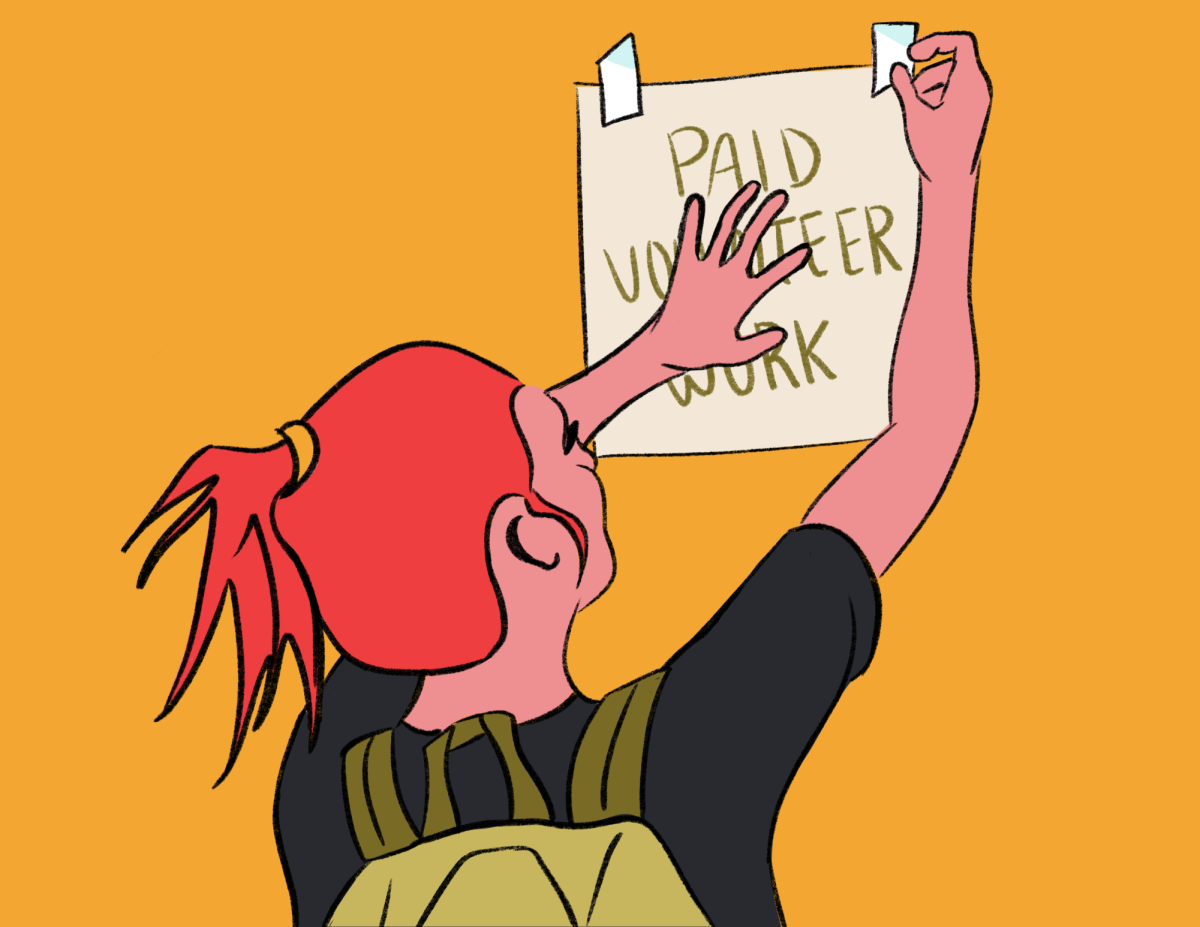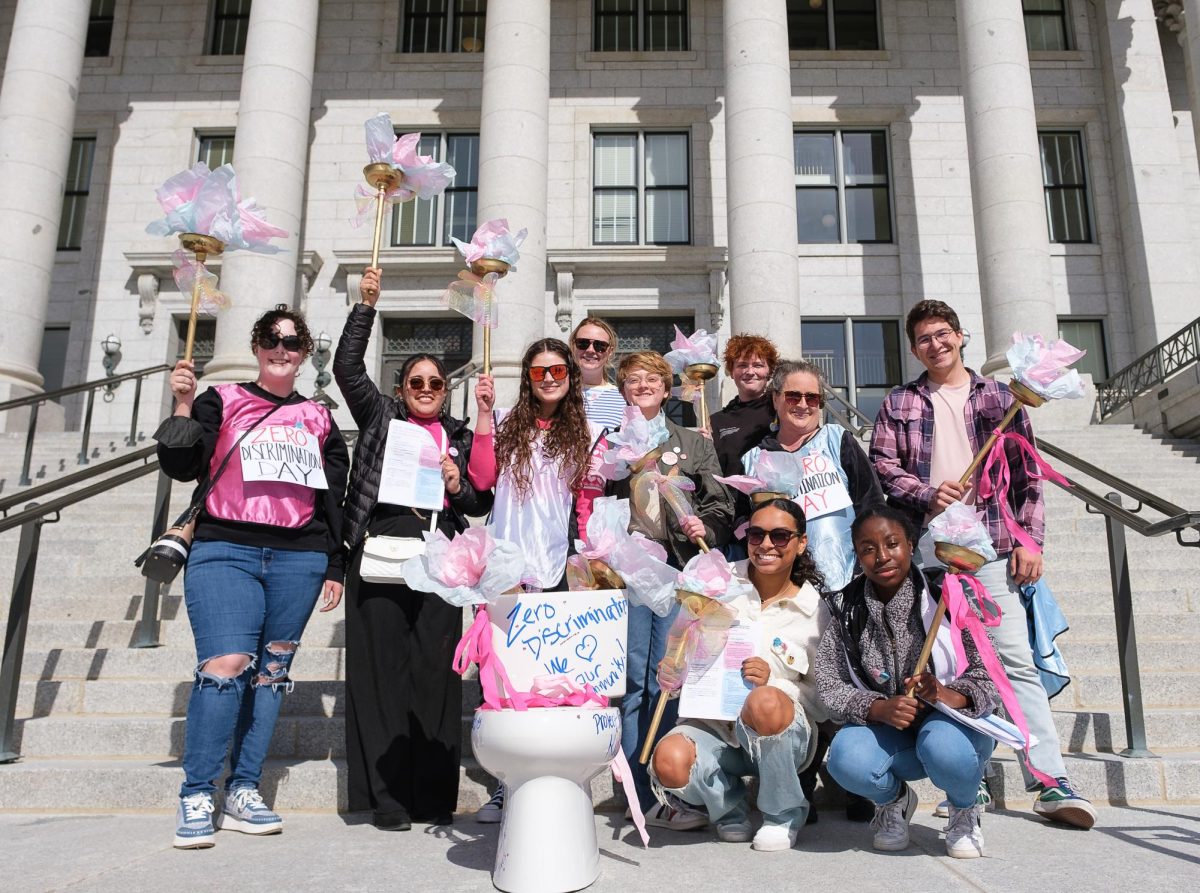[vc_row][vc_column][vc_column_text]

Mario Capecchi is best known for his contribution and research in the field of genetics — and for giving his name to a street U students frequently get lost on.
WHAT YOU MISSED: U STUDENTS DESIGN PHONE APP TO DIAGNOSE ILLNESSES
On Monday, March 9, the Hinckley Institute of Politics honored Dr. Mario Capecchi in their Outstanding Professor Lecture Series. Capecchi, a 2007 co-recipient of the Nobel Prize in Physiology and Medicine, addressed a full crowd in the Hinckley caucus room. He spoke about his time as an undergraduate and the research he participated in throughout his career.
“When I started college I was originally a political science major,” Capecchi said. “I couldn’t find the science in political science and so I switched to physics.”
Capecchi works exclusively with mice in his genetic research because they share the same neurosystems as humans. At the presentation Capecchi provided visuals to show the basic structure of DNA and an explanation of base pairs in each cell.
“It would take 1,000 volumes, each one 1,000 pages long, to contain the base pairing information held in each individual human cell,” he said.
He said they discovered a way to present DNA to a cell that would “fool Mother Nature.” The change affects the mouse being used for research and all future generations of that mouse’s lineage.
Capecchi said the next stage of his research will be looking at the effects this can have on neuropsychopathic disorders. He predicted 20 out of 100 people would someday be hospitalized with depression. In addition, he predicted that 15 percent of all people in the United States would end up with a neuropsychopathic disorder at some point in their lives.
“If you live long enough, you are almost guaranteed to have Alzheimer’s disease,” he said. “You are either going to die from Alzheimer’s or cancer. We are researching to find ways around that reality.”
Hannah Mika, a sophomore in chemistry and health promotion and education, said she was amazed by Cappechi’s accomplishments.
“By the time I enter medical school we will be better off because of the hard work and dedication Dr. Capecchi has shown through his research,” Mika said
At the end of his lecture, Capecchi emphasized the importance of sharing knowledge with the world.
“I strongly believe that all information is neutral,” he said. “How we utilize those ideas can be either good or bad.”
@mary_royal[/vc_column_text][/vc_column][/vc_row]



















